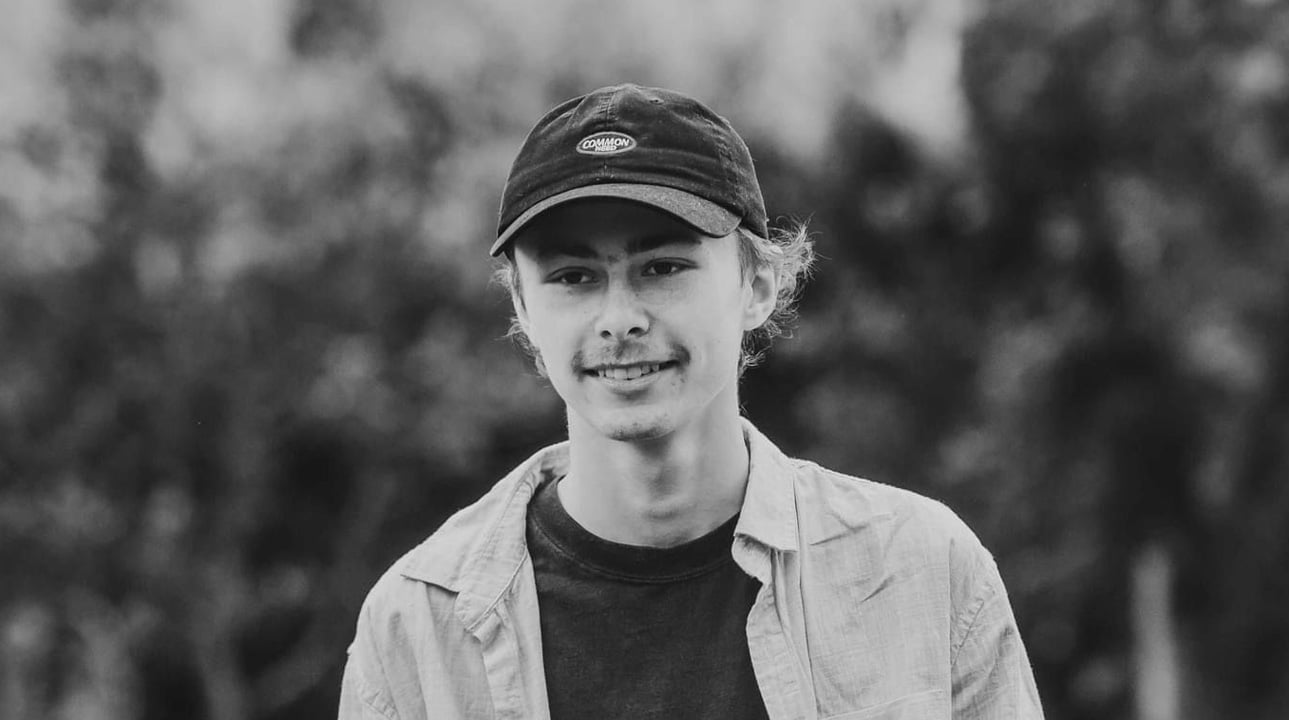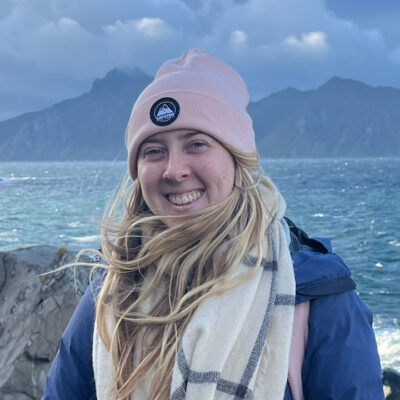Climbing for Cade: honouring a young life cut short
By Rob Clancy, staff writer

Cade Watts was only 15 when he died, but his family and friends are determined that his legacy will be large – their fundraiser for sarcoma research, Climbing for Cade, has made sure of that.

“If love could have kept you alive you would still be with us today.” Jason Watts for his son, Cade
The son of former Western Bulldogs AFL player Jason Watts and his wife Anita, Cade was a lively, loving, energetic kid with so much life to look forward to when a diagnosis of Ewing’s sarcoma changed everything.
Sarcomas are a rare type of cancer that originate in connective tissue, including fat, muscle, bone and cartilage. They can develop anywhere in the body and are among the most common types of solid tumours in children.
Cade endured 90 days in hospital, 16 rounds of chemotherapy, 20 blood transfusions and 40 rounds of radiation before the cancer took his life, two weeks short of his 16th birthday.
Climbing for Cade to conquer sarcoma

Amid their devastation at his loss, Cade’s loved ones determined to do what they could to help other kids and other families facing this awful diagnosis; that’s when they found out about Hudson Institute’s sarcoma research.
Their first and biggest step actually involved many thousands of steps, climbing Victoria’s highest peak, Mount Bogong, and the mountain didn’t make it easy!
After months of preparation, Climbing for Cade brought together 21 friends and family in April 2024 to tackle the climb, on a day when staying warm and dry inside would have been a much more appealing option.
Jason Watts reflects on the challenges the team faced, including rain, wind and darkness: “The climb was everything its reputation tells you about, Mt Bogong is brutal.”
Associate Professor Jason Cain, from Hudson Institute’s Centre for Cancer Research, explains that sarcomas that arise in the bone (osteosarcoma, Ewing’s sarcoma) and muscle (rhabdomyosarcoma) are the most predominant in children.
Better sarcoma treatments needed
“Survival rates for children with sarcomas have remained stagnant for the last four decades,” A/Prof Cain said.

“Making matters worse, current treatments are effective in 70 per cent of patients, but they often leave them with lifelong, sometimes life-changing negative impacts.
The whole Watts family is determined to continue the fight to improve sarcoma treatments -Cade’s school, Frankston High, recently held a fundraising BBQ and bake sale during its athletics carnival.
All the food sold was produced by the students and almost $2,000 was raised, bringing the total amount raised in Cade’s memory to near $19,000.
All funds raised in honour of Cade’s memory, including those by Team Cade and Frankston High, will be going towards the Ewing’s sarcoma research underway in the Translational Antigen Discovery lab led by Dr Pouya Faridi and PhD student Grace Huang, who are working to develop a new cell line model for finding vaccine targets for Ewing’s sarcoma.
Hudson Institute’s sarcoma program includes both clinical and discovery research projects utilising a broad range of patient tissue, in vitro and in vivo preclinical models, and techniques.
Read more about the Sarcoma Program and how you can host a fundraiser.
“To everyone who has supported and donated funds for Cade on Climbing for Cade fundraiser, it has been so humbling and overwhelming with the response to our beautiful son Cade,” Jason Watts said.
“After Climbing for Cade we look forward to pushing his legacy on the next one, team Cade.”
This year in 2025: “We’re working with Hudson Institute of Medical Research, right here in Melbourne, who are world leaders in sarcoma research. They’re aiming to develop the next generation of sarcoma treatments, but that takes money, so we’re hitting the road to raise funds for their research.”
The Long Walk Home is a charity walk to be held on the AFL Grand Final Eve public holiday, covering 40km from St.Kilda pier to Frankston pier.
“I’d love to see as many footy fans as possible join us – it’s a great way to get outdoors, experience our wonderful coastline, and do something positive for kids like Cade!”
In this article
About Hudson Institute
Hudson Institute’ s research programs deliver in three areas of medical need – inflammation, cancer, women’s and newborn health. More
Hudson News
Get the inside view on discoveries and patient stories
“Thank you Hudson Institute researchers. Your work brings such hope to all women with ovarian cancer knowing that potentially women in the future won't have to go through what we have!”






